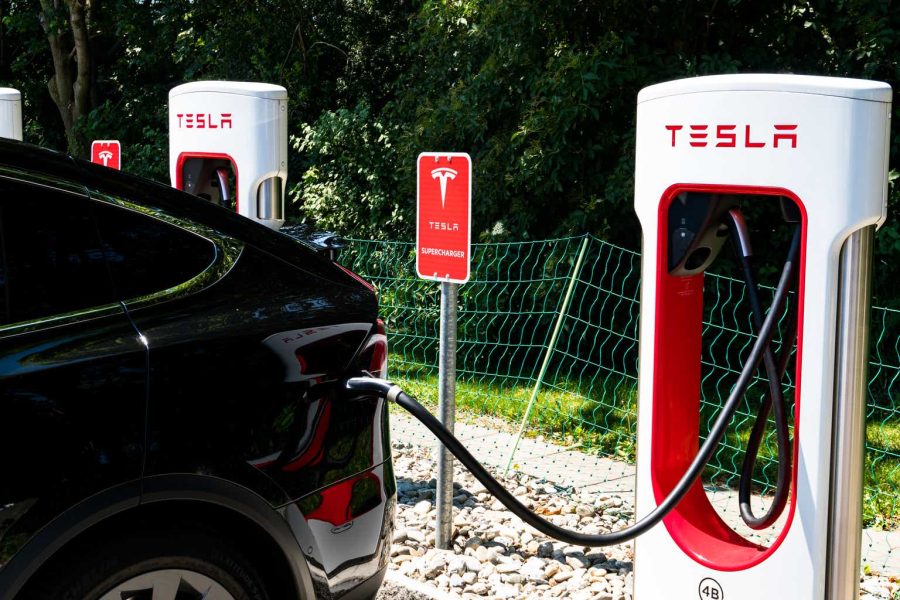July 14, 2024 This Week Top S&P 500 Gainers & Losers
Tesla: Time To Take Profits
Microsoft: The Q4 Results Should Surprise You
Tesla: Optimus And FSD Probably Won’t Save The Day
April 23, 2024 Maximizing Profits: When is the Right Time to Sell Your Business?
April 12, 2024 Improve Your Financial Status: A How-To Guide
April 12, 2024 How ZIM Integrated Container Tracking is Revolutionizing Global Trade
March 15, 2024 6 Best Growth Stocks To Buy Now According to Metatrader 5
China’s Property Crisis: A Ticking Time Bomb for World’s Second-Largest Economy
August 18, 2023
The ongoing turmoil in the global property market is heavily rooted in the struggles of the world’s second-largest economy. Accounting for nearly a quarter of China’s gross domestic product, the construction industry plays a crucial role in its economic health. However, recent jolts in the real estate sector have instilled fear in many, creating uncertainty around the potential impacts on the broader economy. With “housing sales, prices, and investment” all on a downward trend, and a looming deflationary spiral, the crisis could exacerbate due to the country’s recent three-year stringent zero-COVID controls.
Developer Debt Woes
Adding to this complexity, the world’s most indebted property developer, China Evergrande, recently sought protection under Chapter 15 of the U.S. bankruptcy code. This provision provides respite to non-U.S. companies under restructuring from their creditors. Plagued by a liquidity crisis since 2021, Evergrande currently has liabilities totalling around $300 billion. The trouble isn’t limited to Evergrande alone. Country Garden, another significant Chinese developer, missed its dollar-denominated debt payments, fuelling fears of an escalating property crisis spilling over from private firms to state-backed entities.
China’s Central Bank Intervenes
In the wake of worrying economic data, China’s central bank has sprung into action to defend its currency. The onshore yuan’s midpoint was set at 7.2006 against the U.S. dollar, while the Hang Seng benchmark index dipped into bear market territory. The Chinese difficulties could also be propelling a flight-to-safety trend, reflected in the benchmark 10-year U.S. Treasury yield skyrocketing to its highest point since 2007.
The Road Ahead
Amid this economic downturn, the People’s Bank of China has adopted a strategy of slashing interest rates and considering tax breaks and incentives. However, many argue that such measures had a hand in driving China’s rapid growth and the ensuing real estate bubble. Moreover, underlying structural issues, such as a declining population and slowing urbanization, indicate that the country might have to brace for a prolonged period of sluggish growth. Some propose a “go big or go home” approach involving the government’s absorption of bad assets. Nevertheless, the implementation of such a strategy is fraught with challenges, including deflationary risks and concerns about restoring investor confidence.














